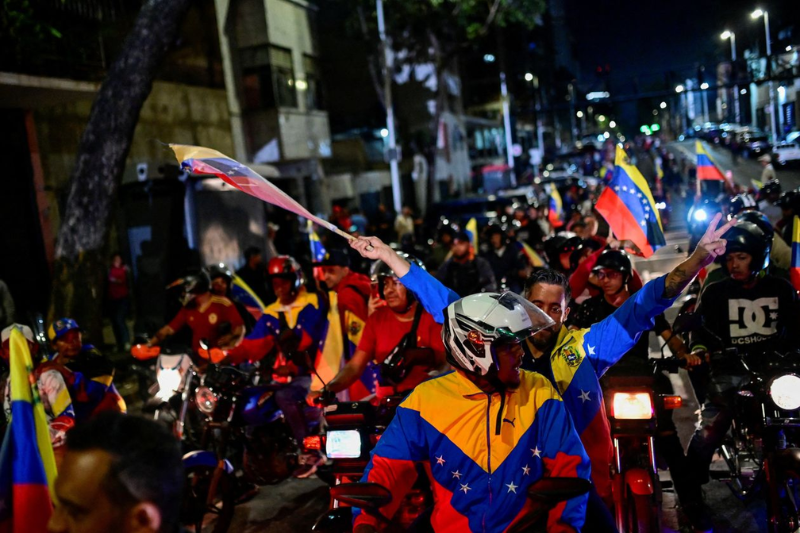
U.S. Expresses Grave Concerns Over Venezuelan Election Results
The United States raised serious concerns about the credibility of the Venezuelan presidential election polls. Antony Blinken, the US Secretary of State, issued a surprise interruption to a meeting with the countries in the Indo-Pacific, stressing the issue as of high urgency and importance.
“We’ve seen the announcement just a short while ago by the Venezuelan electoral commission,” Blinken said. “We have serious concerns that the result announced does not reflect the will or the votes of the Venezuelan people.”
Transparency and Fair Counting of Votes
1. Clear and equitable counting of each vote
2. Live reporting of the provided data to the opposition and monitoring observers
3. Shedding light on the minutiae of voting result calculation from the election commissions
Further, the Secretary of State warned that the foreign observers watched vigilantly and would promptly respond against any incidents of violations of democratic norms.
Keep Reading
Discrepancies Between Official Results and Exit Polls
The announcement by the National Electoral Council that President Nicolas Maduro won a third term by 51 percent has raised eyebrows against the stark contrast of exit polls that indicated opposition victory.
Of note is one conducted by Edison Research, a firm not unfamiliar with producing reputable polling for U.S. elections. Its exit poll Saturday foresaw the opposition candidate, Gonzalez, capturing 65 percent of the vote, as Maduro pulled in only 31 percent. This pronounced difference has created widespread suspicions about the integrity of the results announced.
Suspicion About the Independence of Electoral Authorities
The opposition political parties have been extremely critical of the CNE, citing this supposedly independent body acting as a government arm. This charge further shakes people’s faith in the electoral process and announced results.
U.S. Sanctions and Future Policy Considerations
The United States has a murky history of involvement with Venezuela and initially rejected the 2018 re-election of Maduro. In October, the US had loosened these sanctions against Venezuela’s oil industry in response to a deal between Maduro and opposition parties. It then reinstated those sanctions, citing actions by Maduro that it viewed as threatening an inclusive democratic vote.
According to senior U.S. officials, any future policy regarding sanctions would be calibrated on the nature of the elections. This essentially means that the concerns thrown up by Blinken could have huge consequences on the bilateral ties between the U.S. and Venezuela, with economic repercussions for the South American nation.
The situation in Venezuela is still strained and at best, indefinite, with the legitimacy of election results extremely doubtful. The international community, led by the United States, calls for transparency and fairness in the electoral process while reserving the right to respond against any perceived violations of democratic principles.




